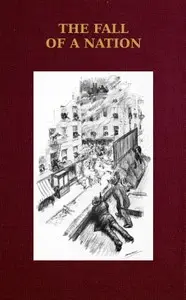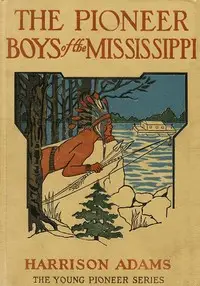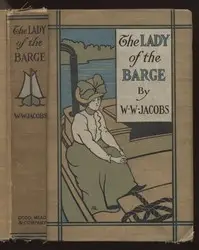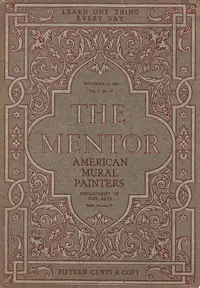"Comrades: A Story of Social Adventure in California" by Thomas Dixon Jr. is a novel written in the early 20th century. The story unfolds against the backdrop of social and political upheaval in California during the late 1890s, exploring themes of revolution, class struggle, and personal conflict. The prominent characters include Norman Worth, a wealthy amateur socialist whose beliefs are challenged by his father, Colonel Worth, and the captivating Barbara Bozenta, who emerges as a voice for social change. The opening of the novel introduces the tension between Colonel Worth, a staunch patriot, and his son Norman, who expresses a growing fascination with socialism following a provocative public meeting. As the colonel grapples with escalating socialist sentiments and defends his belief in the American flag, Norman is drawn to the ideals of social equality and the passionate oratory of Barbara, who captivates him during her fervent speech. This initial confrontation between father and son sets the stage for the ensuing conflict that will test their values and relationships against the backdrop of a changing society. The dynamic between Norman, the spirited Elena Stockton, and the enigmatic Barbara hints at deeper emotional stakes intertwined with the political themes of the story. (This is an automatically generated summary.)
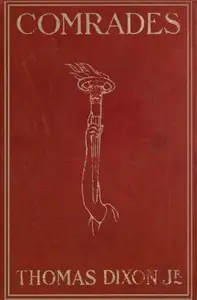
Comrades: A Story of Social Adventure in California
By Thomas Dixon
"Comrades: A Story of Social Adventure in California" by Thomas Dixon Jr. is a novel written in the early 20th century. The story unfolds against the ...
Thomas Frederick Dixon Jr. was an American Baptist minister, politician, lawyer, lecturer, writer, and filmmaker. Dixon wrote two best-selling novels, The Leopard's Spots: A Romance of the White Man's Burden—1865–1900 (1902) and The Clansman: A Historical Romance of the Ku Klux Klan (1905), that romanticized Southern white supremacy, endorsed the Lost Cause of the Confederacy, opposed equal rights for black people, and glorified the Ku Klux Klan as heroic vigilantes. Film director D. W. Griffith adapted The Clansman for the screen in The Birth of a Nation (1915). The film inspired the creators of the 20th-century rebirth of the Klan.




